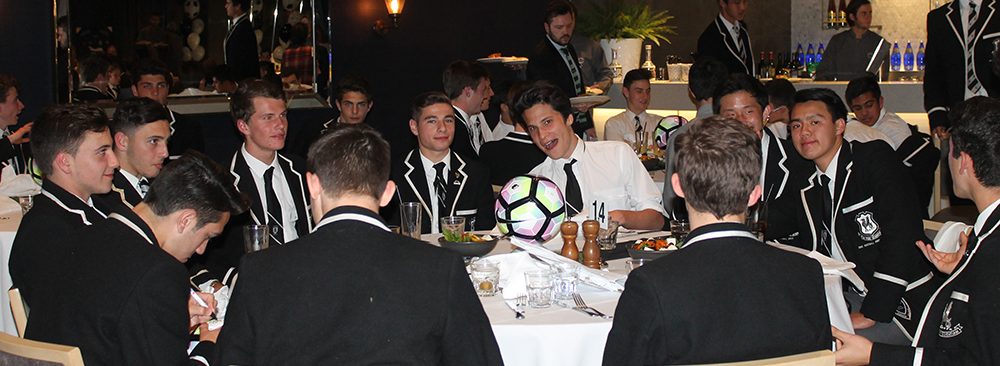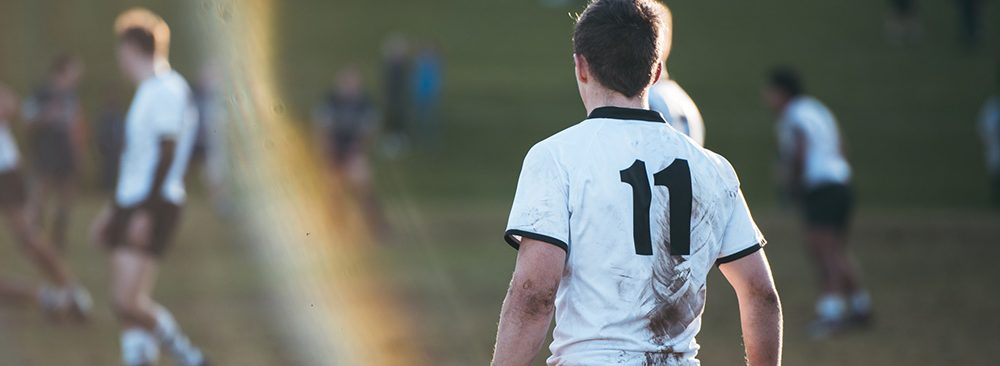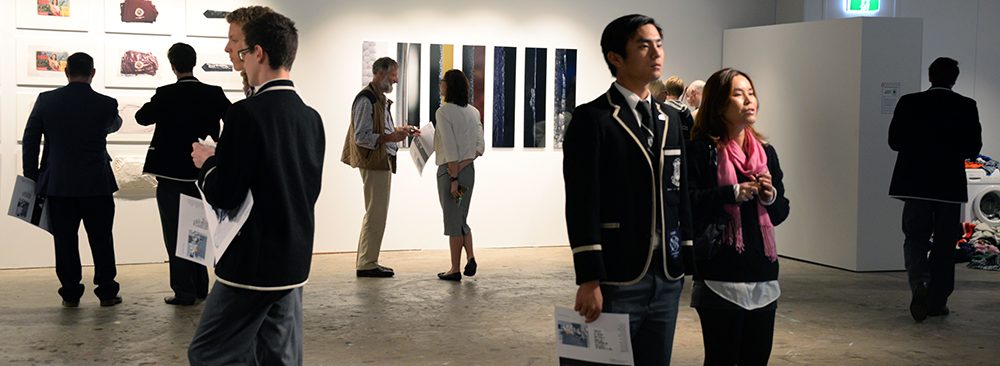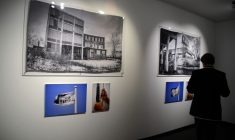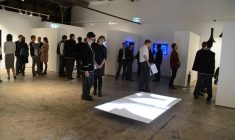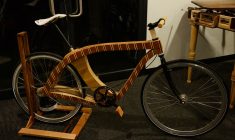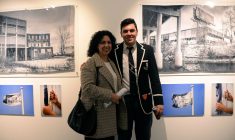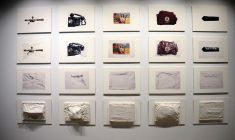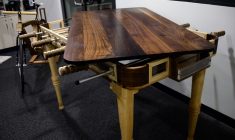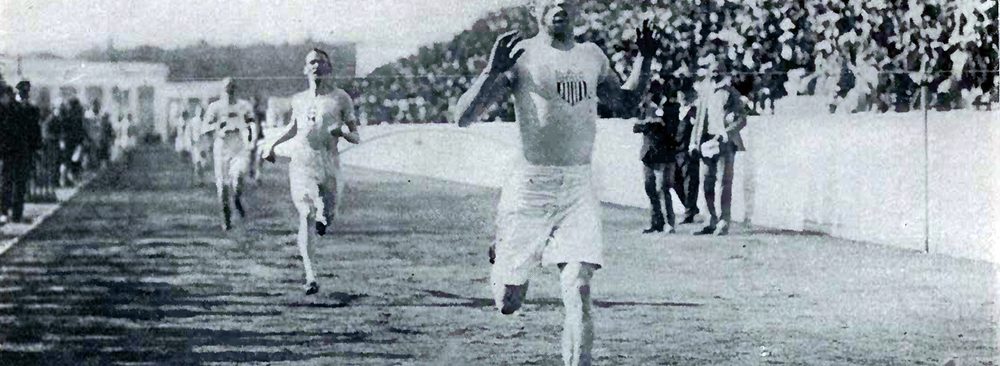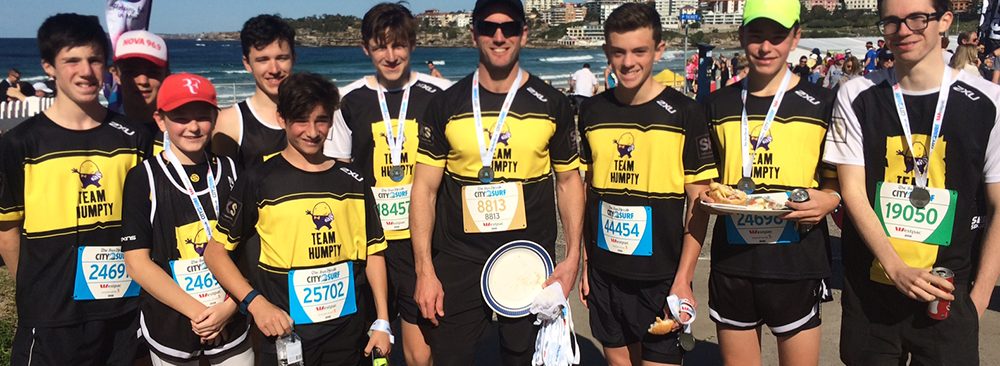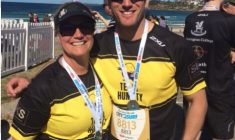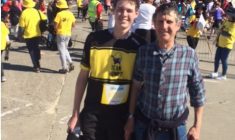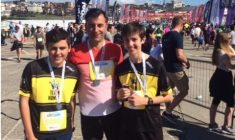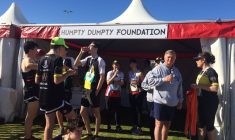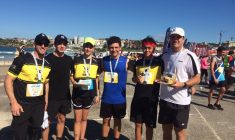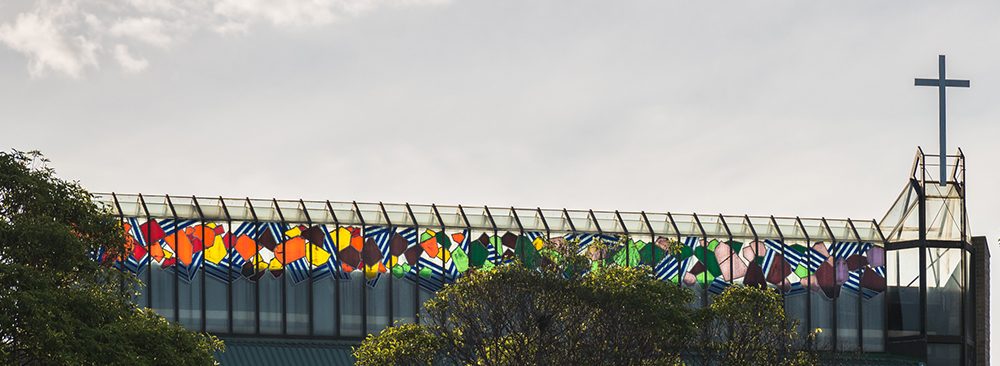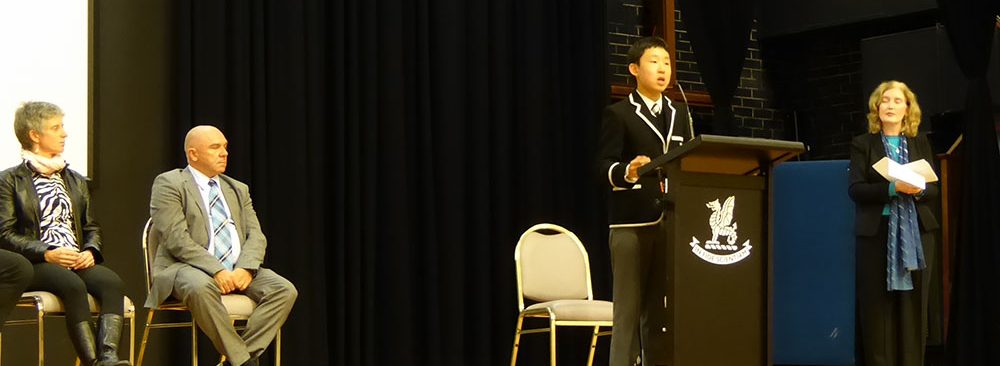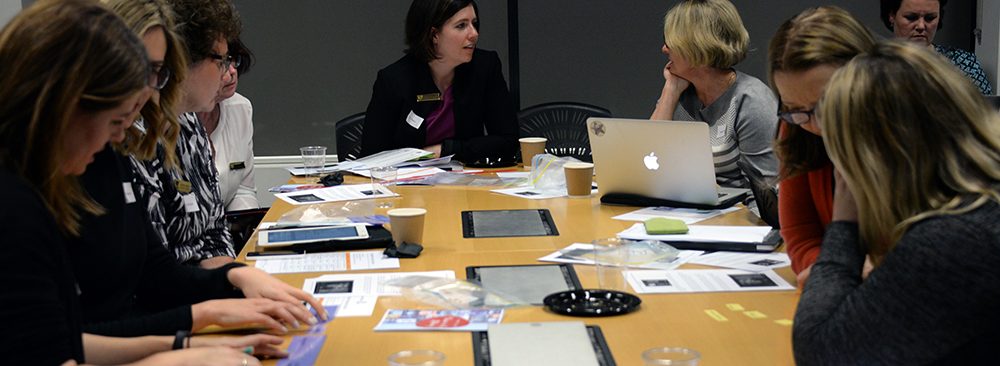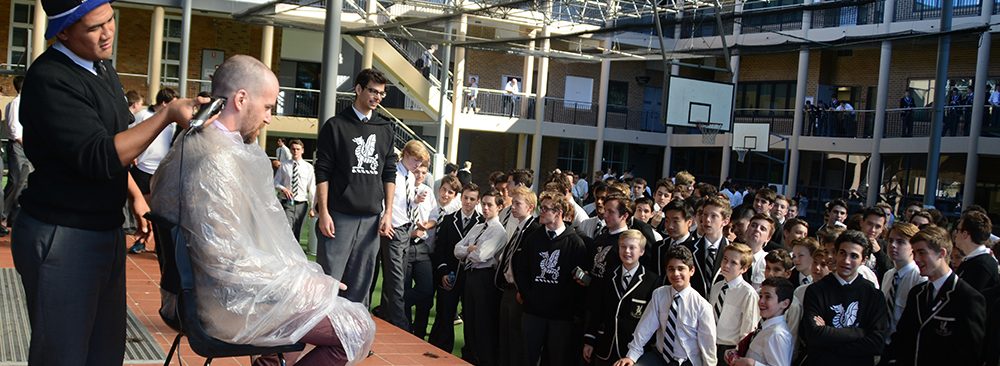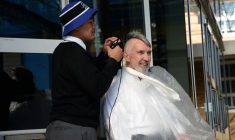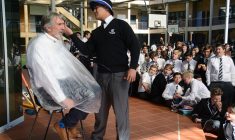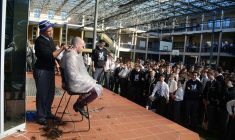If you don’t snooze, you lose
Get some sleep – and then some more! The P&F forum for parents on 15 August tackled the age old problem of sleep and how we and our boys are not getting enough.
Lisa Maltman of The Sleep Connection presented scientific and social reasons why sleep is so important to us all, but especially for our teenage school boys. Lack of sleep is often the casualty of a busy lifestyle which many of our boys have. In a scientific, but practical presentation, Lisa showed us how our busy lives thieve us of our hours in bed and what that can do to our health, our performance and even our resilience. Sleep affects our learning and our ability to memorise.
Good sleep improves our ability to process, consolidate and store information. If we have had enough sleep, our ability to recall information and input new information improves. Sleep also employs our glymphatic system which clears our brains of toxins when we are asleep. Sleep improves our immunity, the growth and repair of muscle tissues, our decision-making, our motivation, our stamina, and our energy. All of which are demanded from our boys on a daily basis.
Improving resilience (a priority of the school’s mission and strategic plan) can be done through good sleep. Our moods are better managed, our ability to empathise and relate to others improves, and our self-esteem, the ‘feel-good’ hormones, serotonin and dopamine, are produced during good sleep. Sleep is controlled by our circadian rhythm (our body clock) and our homeostatic drive – our pressure to sleep, yet we often ignore the signs of tiredness and press on with a busy lifestyle.
Lisa pointed out the work of Dr Andrew Rochford regarding sleep cycles and how we need several sleep cycles of light, deep and REM sleep every night. Denying a cycle or two during the night only means that we perform at well below our potential the following day. The truth is that a ‘normal’ adult sleeper needs between 7-9 hours, and a teenager between 13-17 years of age needs 8-10 hours. Many of us know this, however, but we seldom plan for it. Boys who wake up at 7:00 AM or even before, need to be in bed by 9:00 PM or just after. In order for this to happen (it certainly won’t happen for teenage boys unless it is planned for) we need to schedule our evenings for meals, homework, etc. to occur earlier in the evening.
The thieves of good sleep were outlined – a few of these were outlined in great detail. Firstly, the issue of poor habits such as technology before bed, were emphasised. The blue light from screens affect the brain and stimulate it into being awake. Turning the brightness down on the screen only slightly reduces the blue light effect and therefore technology screens should be off-limits one hour before bed. Good routines around bedtime, with a winding-down phase which could include a good old book to read, is the best way to fall asleep quicker. Other issues such as studying late, poor food, stressful situations and some medications, also impede good sleep.
If your son has difficulty waking, falls asleep at inappropriate times of the day, is less likely to exercise and depends on caffeinated drinks, then it could be that they are sleep deprived. This can lead increased sickness, weight gain, being accident prone and clumsy, headaches, and an increased risk of diabetes and heart disease.
Some other tips for a good nights’ sleep include: prioritising sleep and have a strict bedtime; have an electronic-free bedroom; keep the bed for sleeping only; exercise daily, but not too close to bedtime; have a dim light in the evening and a brighter light in the morning. Limit sleep-ins to only one hour extra on weekends, and get rid of the snooze button on any alarm clocks as this only trains your brain to fall asleep again once you have woken. Some tips for parents include: being a positive role model; help your son in planning their evening; seek medical help if they snore or have disrupted sleep.
The following websites are recommended for further reading.
As our boys’ well-being is central to their performance in all areas of their lives – including their education – sleep has to be more of a priority than it currently is for many of our boys. In the coming weeks, the boys will be having discussions with their Mentors regarding sleep and they will plan to improve the amount of time they dedicate to this essential bodily need.
Mr Bob Meakin
Deputy Head of Stanmore – Students

